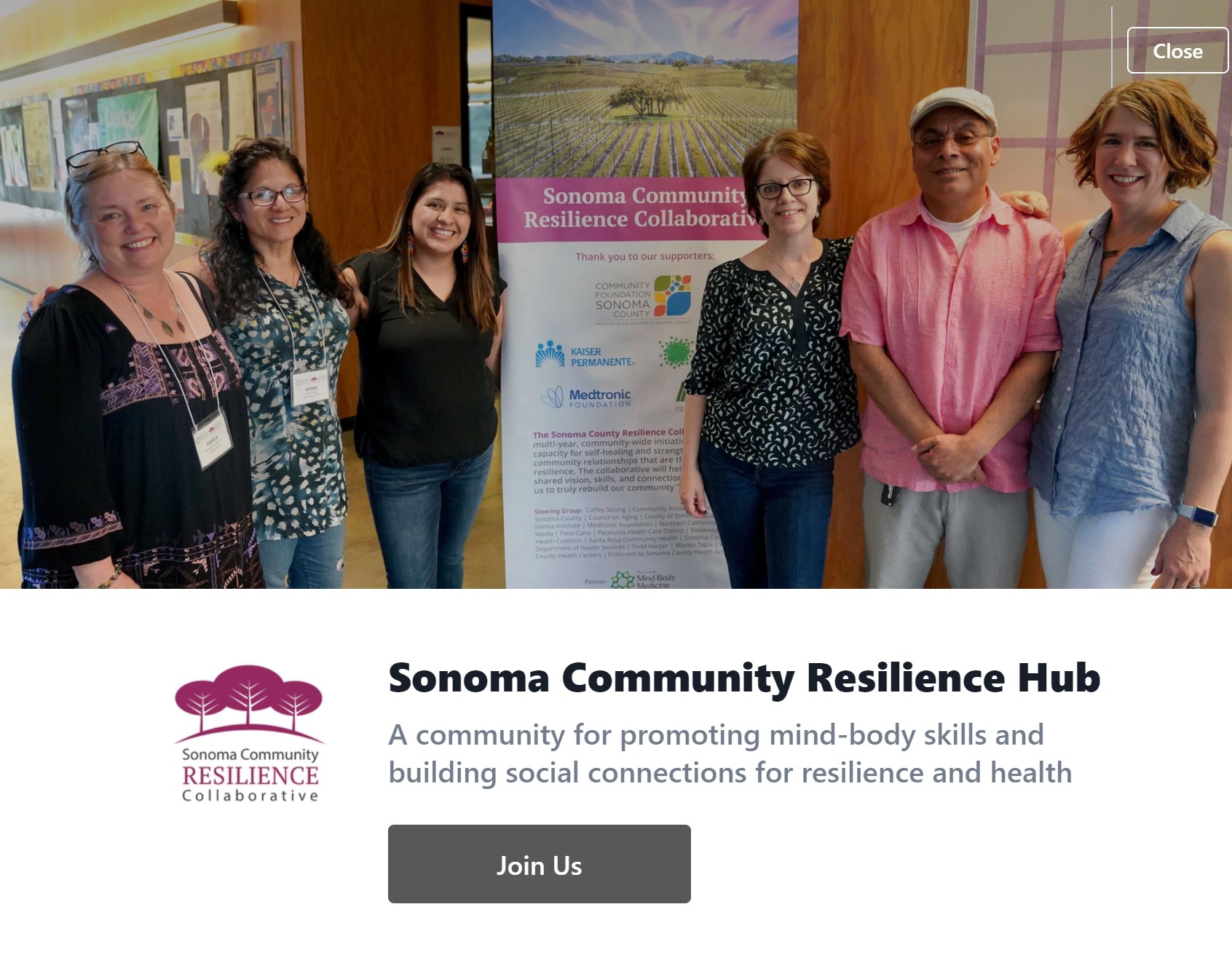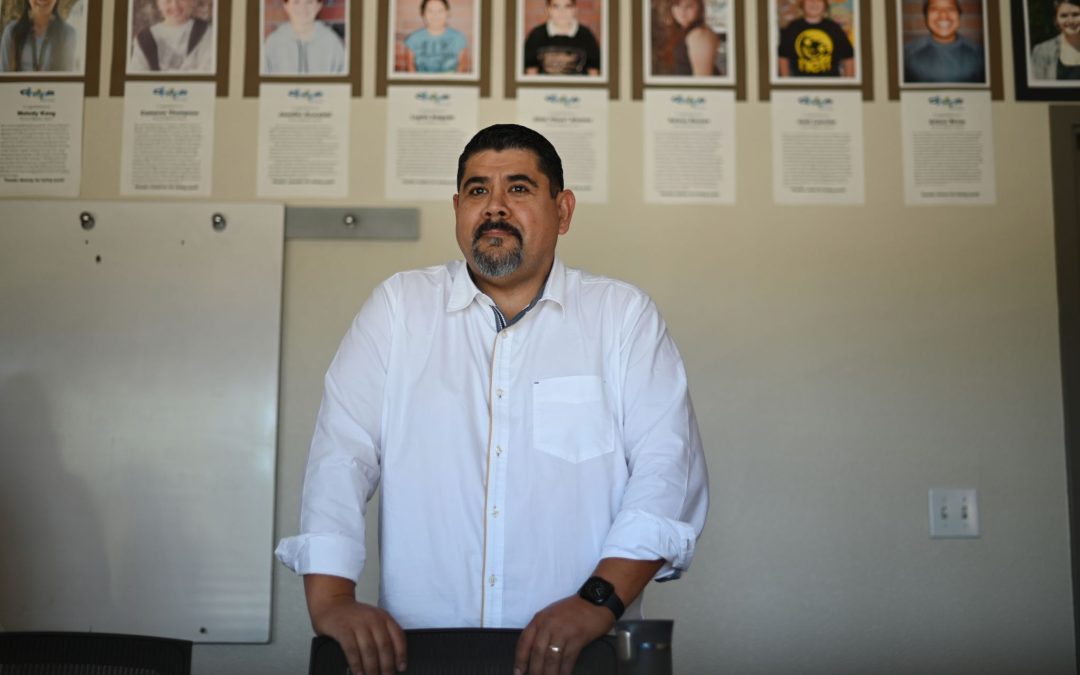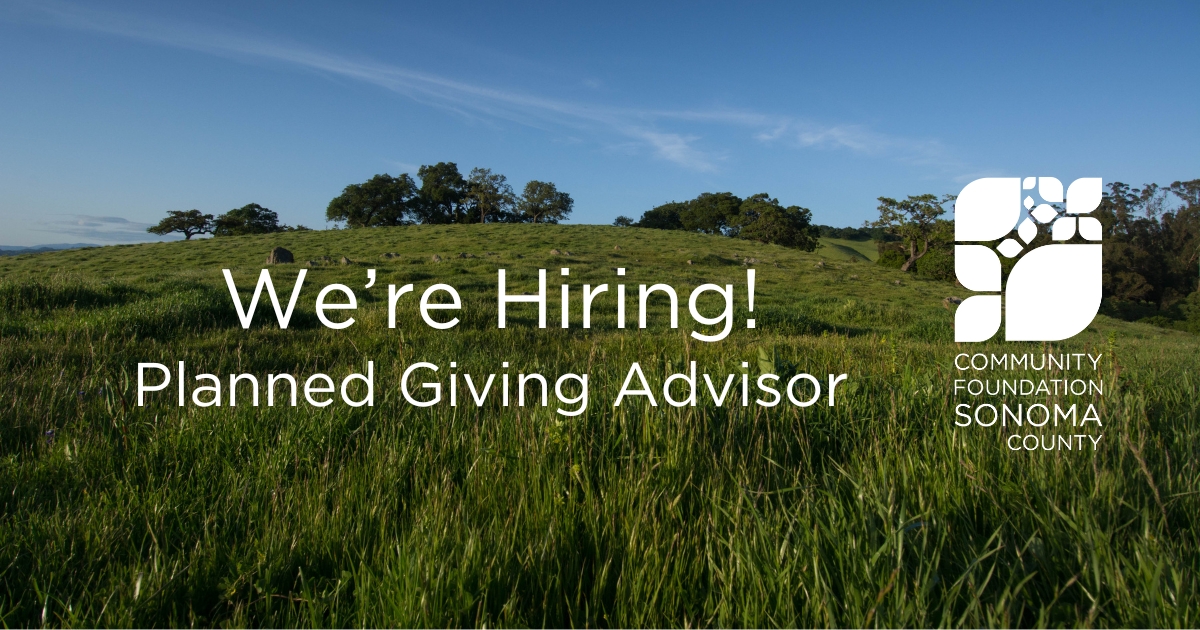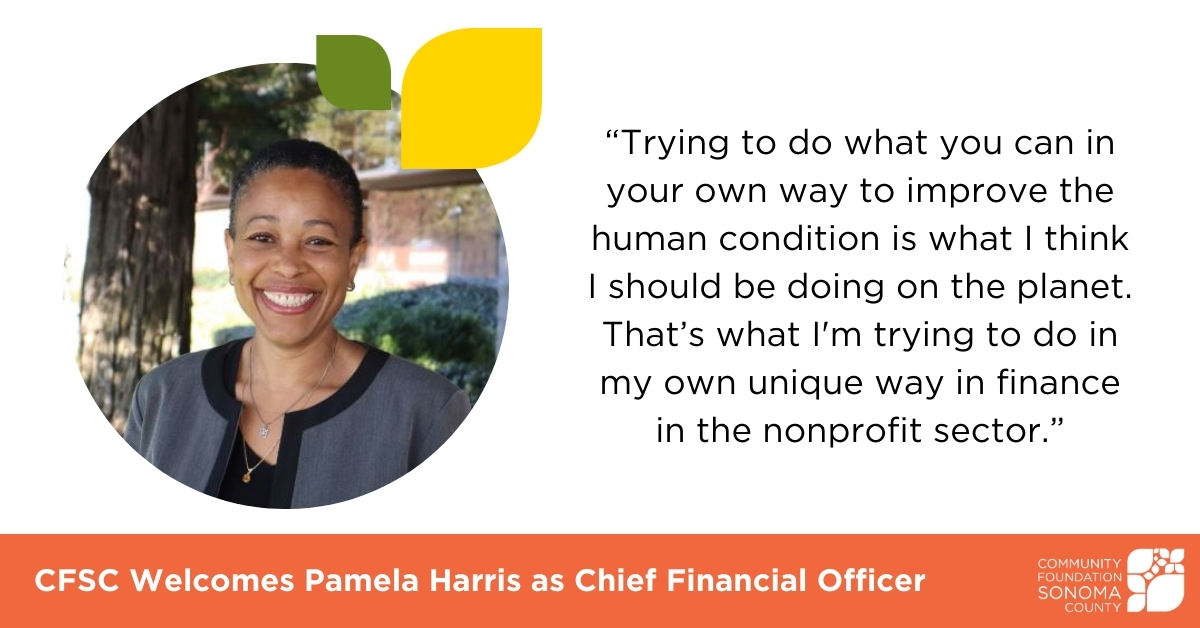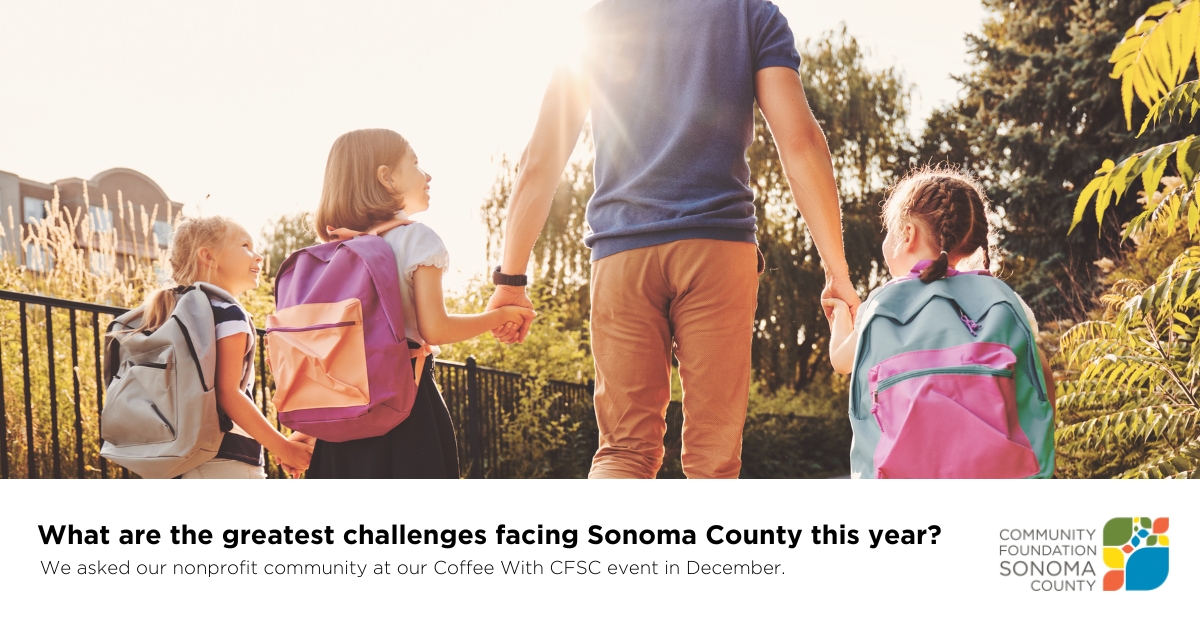For more than two decades Santa Rosa Community Health (SRCH) has provided physical and mental health services to Sonoma County’s low-income population. The organization has eight clinics across Santa Rosa, which includes a campus for dental services, and a site that serves unhoused people. According to the centers’ Executive Director, Naomi Fuchs, up to 90% of patients that receive care through Santa Rosa Community Health are below the state’s 200% poverty guideline. This means a family of four makes $25,000 or less per year, leaving them in critical need of accessible services. Most clients utilize health programs like Medicare or Medi-Cal for healthcare.
Roughly 42,000 individuals—about 250,000 appointments total—visited the clinics last year. Of those patients, SRCH saw 4,200 patients for mental health services. This number, says Fuchs, does not include individuals seeking substance use disorder treatment.
“We have pretty robust mental health services, we provide one-on-one counseling, and we do groups,” says Fuchs. “We really try to care for the whole person.”
In addition to behavioral health counseling, SRCH works with people who are struggling with addiction, people who have postpartum depression or who have challenges during pregnancy. They also offer pediatric mental health services, and psychiatry.
Like many local mental health providers, most appointments at SRCH were quickly moved to virtual platforms because of the pandemic, while medical appointments have transitioned to include some in person visits. Fuchs says for those, the clinics practice strict protocols to ensure the safety of both staff and patients.
Financial support from Community Foundation Sonoma County has been used to provide technology for virtual appointments, as well as for their relatively new Sonoma County Resilience Collaborative , a project of the health center that began as a response to the 2017 fires, which also damaged SRCH’s Vista Clinic. The collaborative works with other programs in the community and in conjunction with The Center for Mind-Body Medicine, whose curriculum is the foundation for the program. The focus is to provide tools for people to build resilience, reduce stress, and strengthen individual and collective mental health in the face of traumatic events in the community
Annemarie Brown, SRCH’s senior director of communications and development says that The Resilience Collaborative has two tiers. The first is a program that serves to train people working in a variety of roles in the community; caregivers, case managers, mental health professionals, educators. Trainings consist of shorter workshops or longer series of classes.
“It was conceived as a community-led, community-engaged response to build and to access our inner resilience using this evidence-based proven model from the Center for Mind-Body Medicine,” says Brown. “It’s from the community up and out. And it’s a compliment to the other tools and channels that might be available through more formal structures.”
The tools and techniques offered in the program encompass a variety of modalities, “so people can find the things that resonate, that work for them, a tool kit they draw on,” says Brown.
With additional support from Community Foundation Sonoma County, Brown says the collaborative is working with a team of graduates of the initial workshops that are receiving additional training to take on leadership roles. This will ensure longevity of the program, as the community continues to deal with the COVID pandemic, and as the 2020 fire season continues.
To adapt to social distancing guidelines, the group has offerings of support online.
“We want SoCo Resilience to be a hub where people can access short tools,” says Brown. “Everything is in English and Spanish, and there is a whole set of short videos available from trained facilitators so people can use them at any time.”
“The phrase we use is ‘spread and embed’,” she adds. “We’re trying to spread and embed this work.”
Moving forward into flu and fire season, Fuchs says another important aspect of overall health is ensuring people are protected not only from the coronavirus, but from the seasonal flu.
“People should get their flu shots. Because it’s really important to not get the flu and COVID or not get the flu and people not know if they’ve had flu or COVID,” she says. “The flu vaccines are coming out early and I want everybody to get vaccinated ASAP.”
Fuchs adds that with all health services, there is a need to focus on the indigenous and Latinx communities, along with the elderly. She hopes that as awful as the pandemic has been for these communities, hopefully some light can be shed on the barriers these groups face and that more effort can be made to provide them with support.
The bilingual online resources through the resilience collaborative can serve as a step to access that support
“We’re super appreciative of the Community Foundation team, that they were very thoughtful—and I think really visionary—about how they chose to invest the funds and knowing that community recovery is a long-term process,” says Brown. “We keep saying this is needed now more than ever, and every time we say it, it really means now more than ever.”
Story by Dani Burlison

